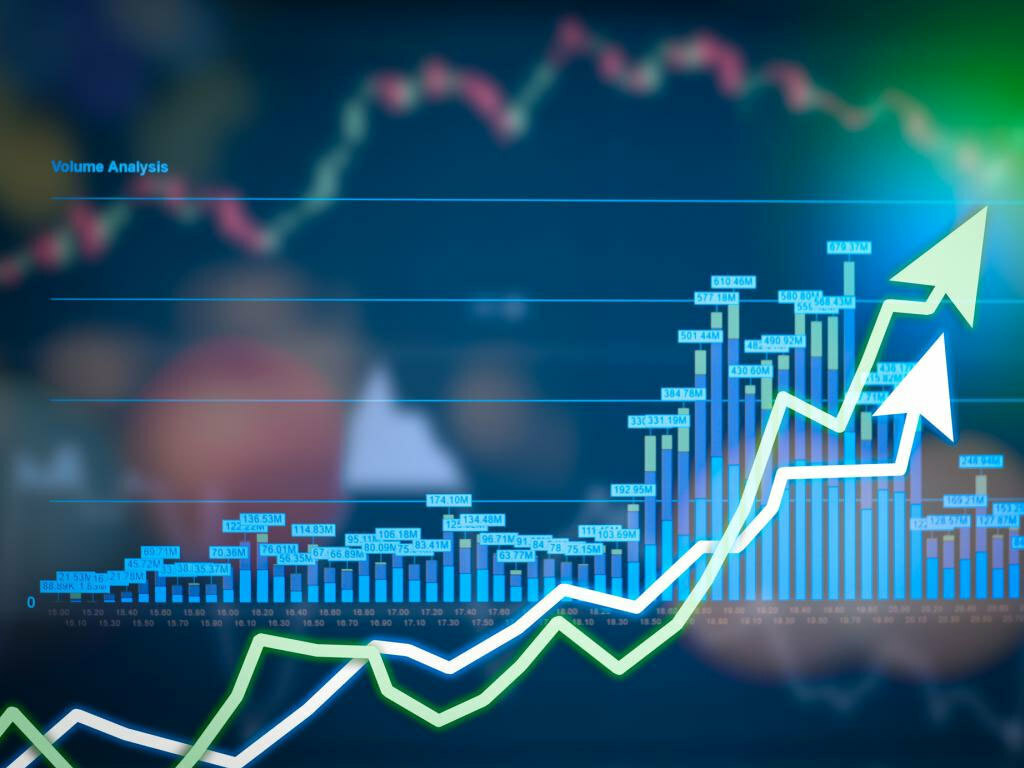Monetary policy: Experts say rate hike higher than expected
- Market expected interest-rate increase of up to 100 basis points
Against wider expectations, the Monetary Policy Committee (MPC) of the State Bank of Pakistan (SBP) decided to raise the policy rate by 150 basis points, taking it to 8.75% – the highest since April 2020 – in a bid to tackle rising inflation and “preserve stability with growth”.
However, the rate hike was higher than the wider market expectation, which was in the range of 75-100bps, say experts.
“The 150bps rate hike was more than expected,” Saad Hashmey, Executive Director at BMA Capital, told Business Recorder. Hashemy was of the view that with this action the SBP recognises inflation and current account pressures.
"The rate hike is a measure taken to tackle these issues."
The MPC re-iterated that the end-goal of mildly positive real interest rates remains unchanged and, given today’s move, expects to take measured steps to that end.
“This means that the central bank could increase interest rate further, looking at the inflation trajectory,” said Hashmey, adding that the hike will address inflationary concerns, and “also ease pressure on the Pakistani rupee”.
Monetary policy: SBP raises key interest rate by 150 basis points, takes it to 8.75%
The MPC also recognised that inflationary pressures have increased considerably since the last MPC meeting, “with headline inflation rising from 8.4% YoY in August to 9% in September and further to 9.2% in October, mainly driven by higher energy costs and a rise in core inflation.”
The MPC also noted that the rupee has depreciated by a further 3.4% since the last MPC meeting. The US dollar also appreciated against most emerging market currencies since May as expectations of tapering by the Federal Reserve have been brought forward.
“However, the fall in the value of the rupee since May has been comparatively large. As other adjustment tools normalise, including interest rates and fiscal policy, pressures on the rupee should abate,” read the statement.
However, no more aggressive actions are expected to be taken by the central bank until March next year, opined Hashmey.
Meanwhile, Tahir Abbas, Head of Research at Arif Habib Limited (AHL), told Business Recorder that the central bank was compelled to take aggressive measures amid rising inflation lead by high prices of petroleum products and other commodities, a trend likely to persist in the coming months.
“A sharp surge in international commodities due to the post-Covid demand and supply disequilibrium, tagged with robust domestic demand triggered a strong uptick in imports which translated to a higher CAD of $5.1 billion in 4MFY21, against a positive balance of $1.3bn last year,” said AHL in its report.
The MPC expects the CAD to “modestly exceed” the previous estimates of 2-3% of GDP.





















Comments
Comments are closed.